detail profile angel vagenshtain
Peran Yang Di Mainkan Angel Vagenshtain
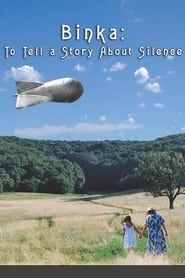 A film pioneer Binka Zhelyazkova was...
A film pioneer Binka Zhelyazkova was...Binka: To Tell a Story About Silence 2007
A film pioneer, Binka Zhelyazkova was at the forefront of political cinema under Bulgaria's Communist dictatorship. Though she remained faithful to the communist ideals she became an avid critic of the regime and brought upon herself the wrath of its censorship. As a result four of her nine films were shelved and released to the public only after the fall of the regime in 1989, and Binka Zhelyazkova became known as the bad girl of Bulgarian cinema. A provocative portrait that reveals the pressures and complexities that arise when art is made under totalitarianism.
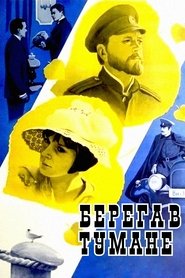 Fall 1921 Wrangels army defeated in Crimea...
Fall 1921 Wrangels army defeated in Crimea...Misty Shores 1986
Fall, 1921. Wrangel's army, defeated in Crimea after a short stay in Turkey, found refuge in Bulgaria. White Guard Colonel lives here with his son and daughter, while his wife and youngest daughter were sheltered by the family of the Bolshevik, who've been sent to Bulgaria for propaganda work among Russian soldiers.
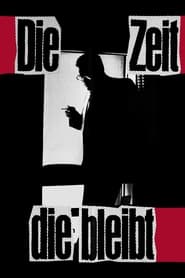 A documentary about German director Konrad...
A documentary about German director Konrad...Die Zeit die bleibt 1985
A documentary about German director Konrad Wolf (1925–1982).
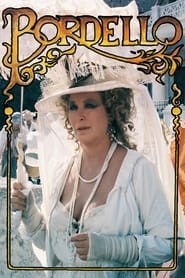 Crete 1897 Greek rebels gained their freedom...
Crete 1897 Greek rebels gained their freedom...Bordello 1985
Crete 1897. Greek rebels gained their freedom by fighting in the mountains. An allied fleet of French, English, Italian and Russian warships anchored in the port of Chania in protecting Greek and Turkish inhabitants. Rosa Bonaparte, accompanied by twelve girls off at a deserted beach with all the equipment of a Marseille brothel. Installed in a wing of a huge, ruined former Town Hall, where the officers of the allied fleet meet and entertain in the evenings surrounded by undercover agents, military connectors, and speculators : an East-West mosaic of languages, costumes and intrigue ...
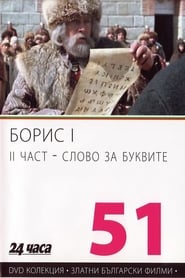 Knyaz Boris I reached the most...
Knyaz Boris I reached the most...Boris I - Part 2 - Word For Letters 1985
Knyaz Boris I reached the most important spiritual insight - the country needed a single language and script. It accepts students of Cyril and Methodius, creating Ohrid and Preslav Literary School. What other nations took centuries, for bulgarians takes place only about 20 years after their baptizing - introduced a Slavonic Alphabet.
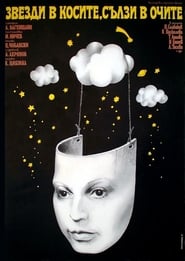 This is a film about a...
This is a film about a...Stars in Her Hair, Tears in Her Eyes 1977
This is a film about a traveling theatrical group in the beginning of 20th century. The itinerant troupe arrives in the little town, comprising several families, an eccentric student, an anarchist, all united by their love for theatre. The theatricals of 'Othello' are pending. All of a sudden, the performer of Desdemona falls ill. The local woman teacher plays in her stead. She makes a success and joins the troupe. The young woman travels with them along the dusty country roads and never gives up. Step by step she becomes a very good actress and assumes the leading of the group through its complex life. United by their common fate, the actors go through the joys and disappointments of their pioneering educative mission together.
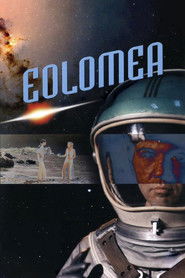 Eight space cargoships disappear without a...
Eight space cargoships disappear without a...Eolomea 1972
Eight space cargo-ships disappear without a trace within three days. And the orbit station "Margot" has suddenly fallen silent. The space council is faced with a mystery and the scientist in charge, Maria Scholl, sees no other solution than ordering a total flight stop to this mysterious sector of space. Her colleague, Prof. Tal seems to be suspicious since he knows things before they are even released. A forbidden look into his personal file brings to light that Tal was part of the Eolomea project that never found approval of the commission in charge.
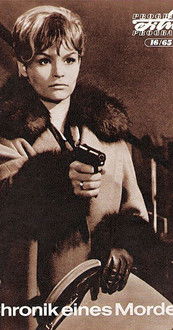 In the mid1950s mayor Zwischenzahl...
In the mid1950s mayor Zwischenzahl...The Story of a Murder 1965
In the mid-1950s, mayor Zwischenzahl is killed on the day of his inauguration in a West German town. The killer is Ruth Bodenheim, a Jewish woman, who wanted to avenge the death of her parents. Zwischenzahl, a former SA member, was apparently involved in the deportation of her parents to a concentration camp during the war. Ruth cannot bear the horrible events and the death of her parents and wants to open the eyes of the town′s residents.
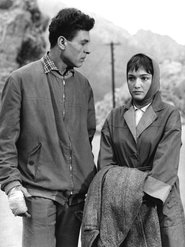 Stefan and Tanya arrive in a...
Stefan and Tanya arrive in a...Twosome Beneath the Skies 1962
Stefan and Tanya arrive in a miners' settlement. They register as a married couple at the hostel, but Tanya admits to the house managers that Stefan has a wife but has started divorce procedure. The two have fled from the scandal. Stefan starts work at the mine and she waits for him in the hostel with little to do. Her mother arrives. Unable to swallow the humiliation of having been rejected by Tanya's family, Stefan gets drunk. When he comes back, he starts a row and has to be restrained. Stefan takes offense, leaves the mine, parts with Tanya, and becomes a waiter in the pub. Soon he obtains a divorce. He wants to take Tanya back to his native town. She refuses to give up her new friends and the steady job she has found. Stefan sets out alone. At the very last moment, he jumps from the bus...
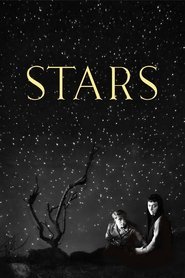 Stationed in a secluded Bulgarian village...
Stationed in a secluded Bulgarian village...Stars 1959
Stationed in a secluded Bulgarian village in 1943, Walter – a German Wehrmacht sergeant and artist – lives in almost idyllic distance from the war. Then a transit camp is set up for Jews arriving from Greece. When Ruth, one of the internees, asks Walter to help a pregnant woman, the two form an unlikely bond.
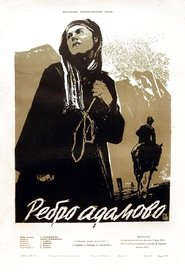 The young Bulgarian Muslim woman Zyulker...
The young Bulgarian Muslim woman Zyulker...Adam's Rib 1956
The young Bulgarian Muslim woman Zyulker wants to study and become a teacher. Her father decides to arrange a marriage to her. After the wedding, she runs away and goes to the town. There she starts work in a hostel. Her husband takes her back. He beats and humiliates her. She gives birth to her child prematurely, takes the baby and goes to the school for Muslim in the town. She has to surmount many difficulties. The young woman meets her first teacher Stefanov. The two fall in love. With his help, Zyulker finishes her study successfully and makes up her mind to return to her native village as a teacher. Stefanov follows her and proposes to her. The two embrace.
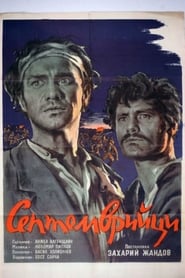 The film is dedicated to the...
The film is dedicated to the...The Heroes of September 1954
The film is dedicated to the uprising, which broke out in Bulgaria in September 1923. All characters, with the exception of the leaders of the uprising Georgi Dimitrov and Vasil Kolarov, are symbolic characters. The central figures, Stefan and Peter, impersonate the motive forces behind the uprising - the workers and the peasants. They are involved in worker's strikes, in the stormy events of the First World War and the Soldier's uprising in 1918. They also participate in the bloody clashes of the September uprising and suffer its defeat after they have seen too late the need for concerted action by communists and agrarians.
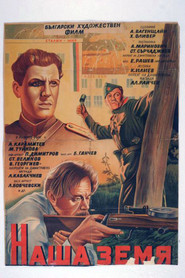 Captain Velkov was sent chief of...
Captain Velkov was sent chief of...Our Land 1952
Captain Velkov was sent chief of a border post near the village of Novi Izvor, where he was a partisan. In Novi Izvor a celebration is being prepared to mark the switching on of the electricity. Saboteurs cut the cables, killed the watchman and set fire to the machinery on the farm.
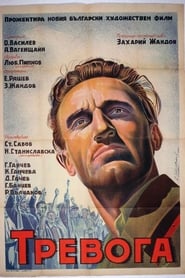 The action takes place in the...
The action takes place in the...Alarm 1951
The action takes place in the last years of the Second World War, immediately before the socialist revolution in Bulgaria. It centers on the life of the middle-class family of Lazarov, which is torn by the sharp political contradictions taking place against the background of the popular struggle against fascism. The father Vitan goes through terrible mental traumas, which are the price, he has to pay for his illusions that in such clashes one can remain neutral and free from politics. The partisans execute the son Boris - a fascist officer, a sadist and a murderer. The daughter Lily is forced to search for her place in the conflict between the representatives of two hostile worlds - that of fascist brother and her husband - a communist and a revolutionary.
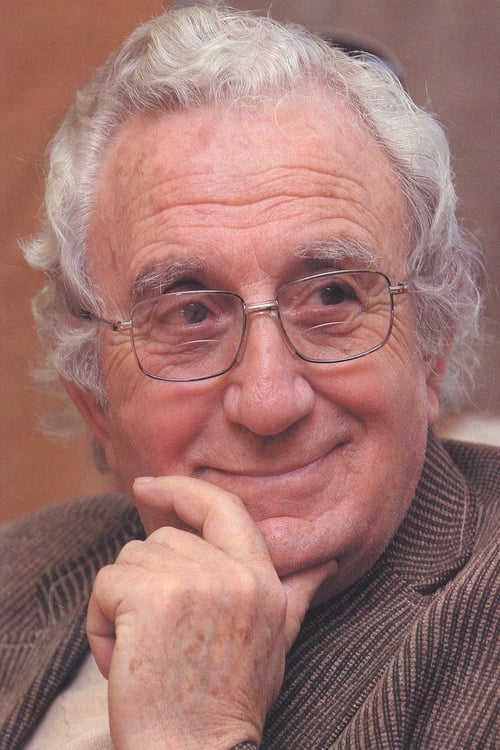
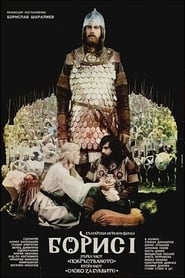 Part one of this twopart epic...
Part one of this twopart epic...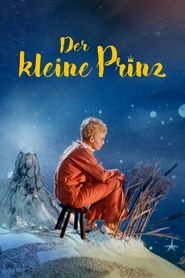 Adaptation of Antoine de SaintExuprys novella...
Adaptation of Antoine de SaintExuprys novella...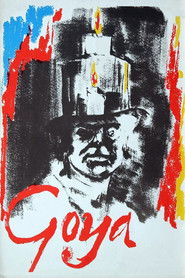 As a painter in the court...
As a painter in the court...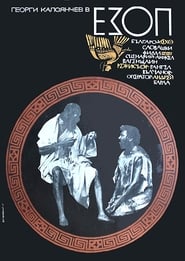 This film brings us back to...
This film brings us back to...